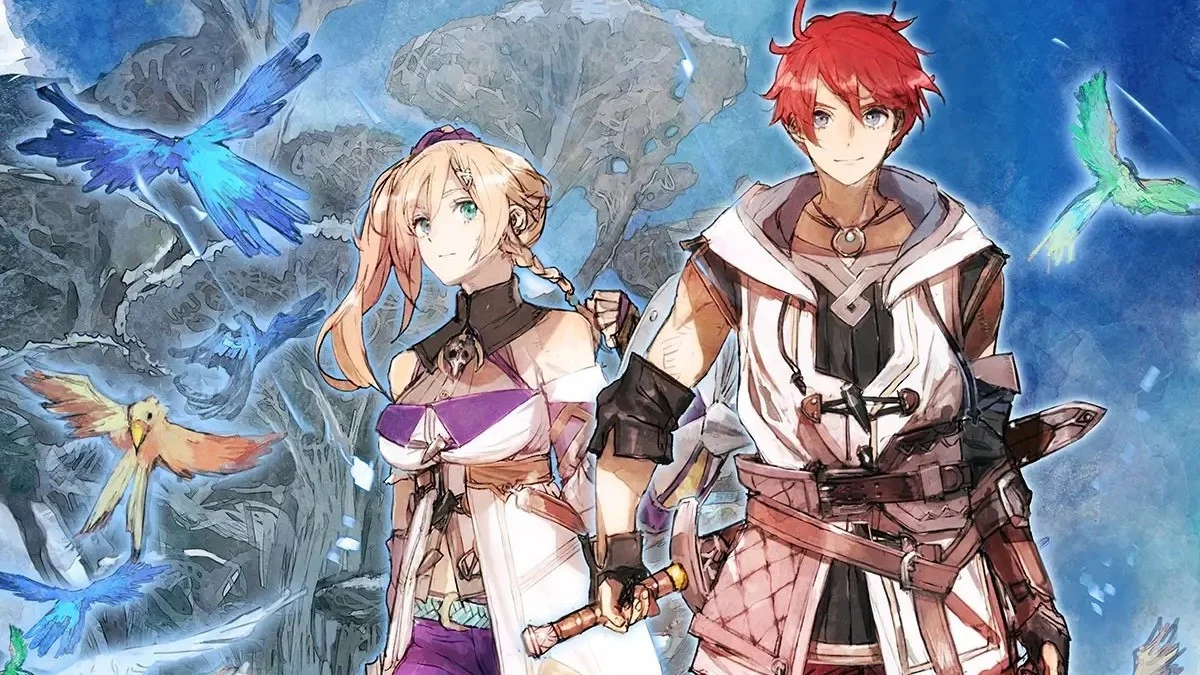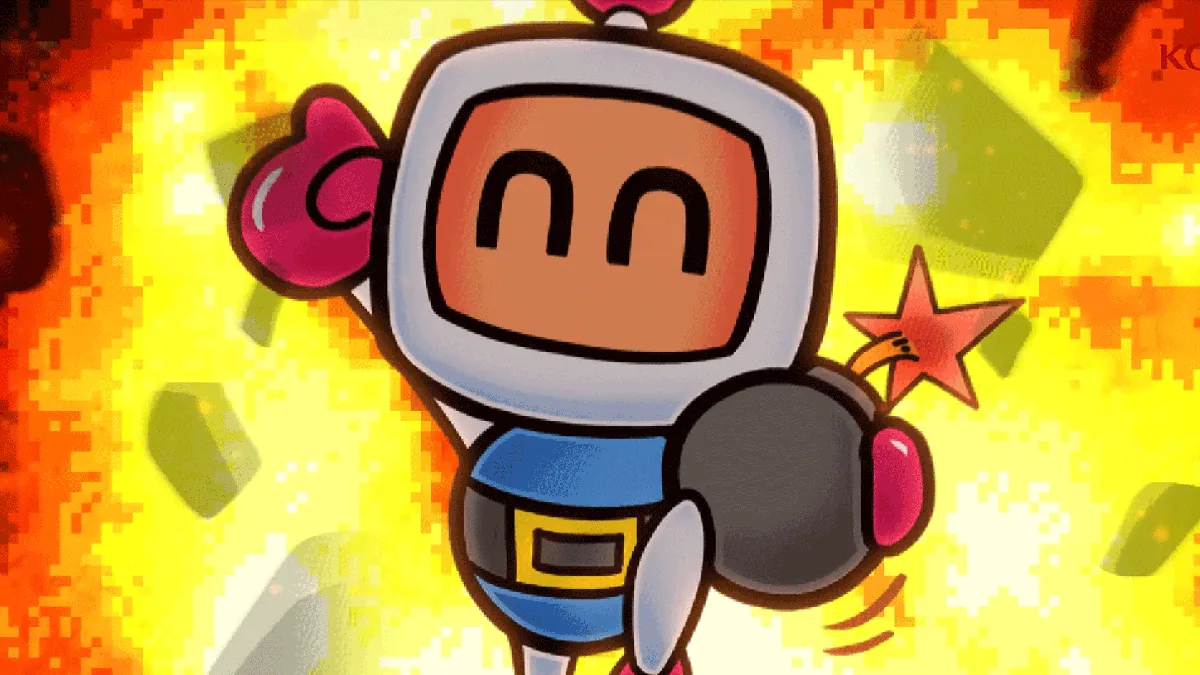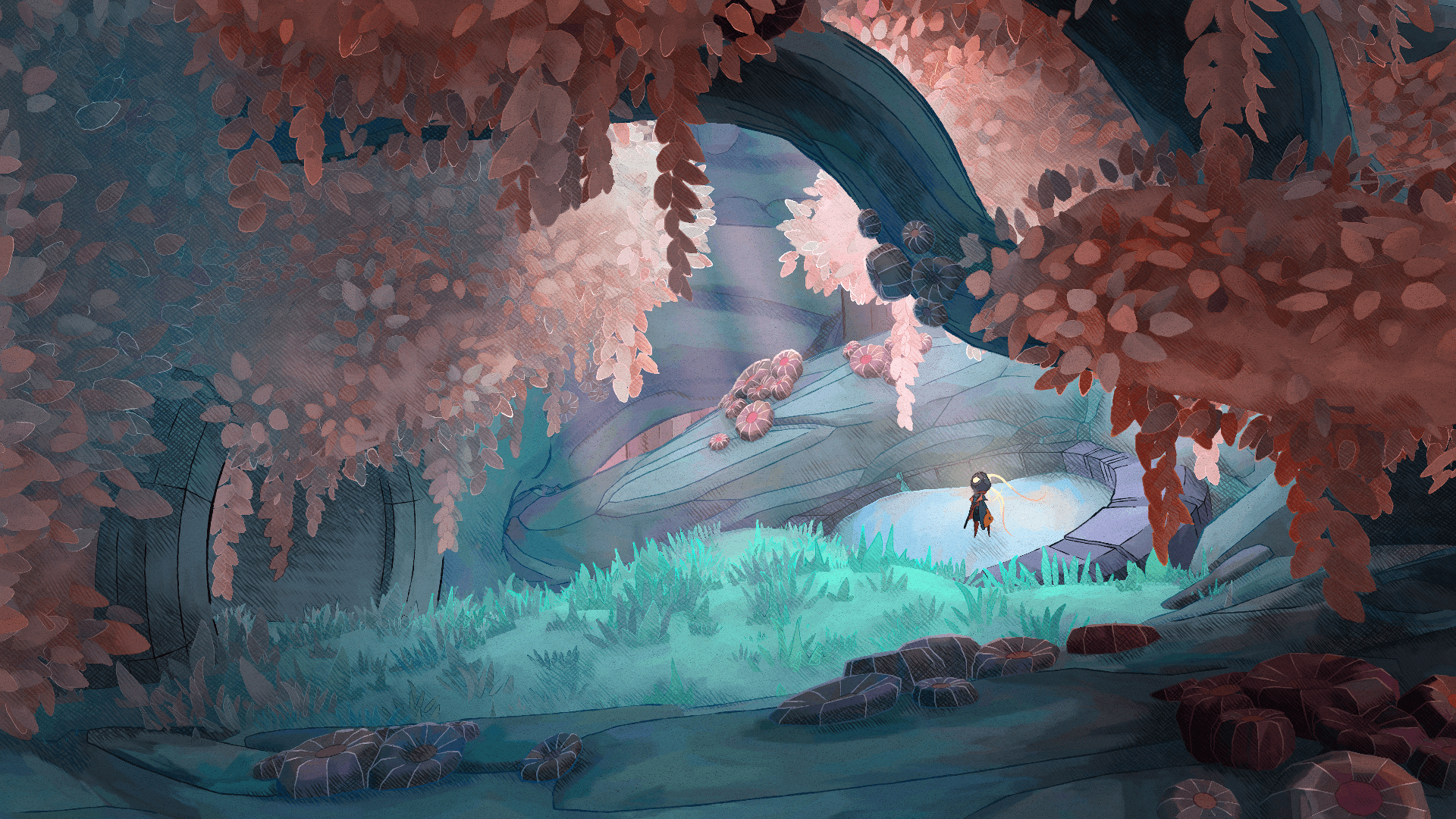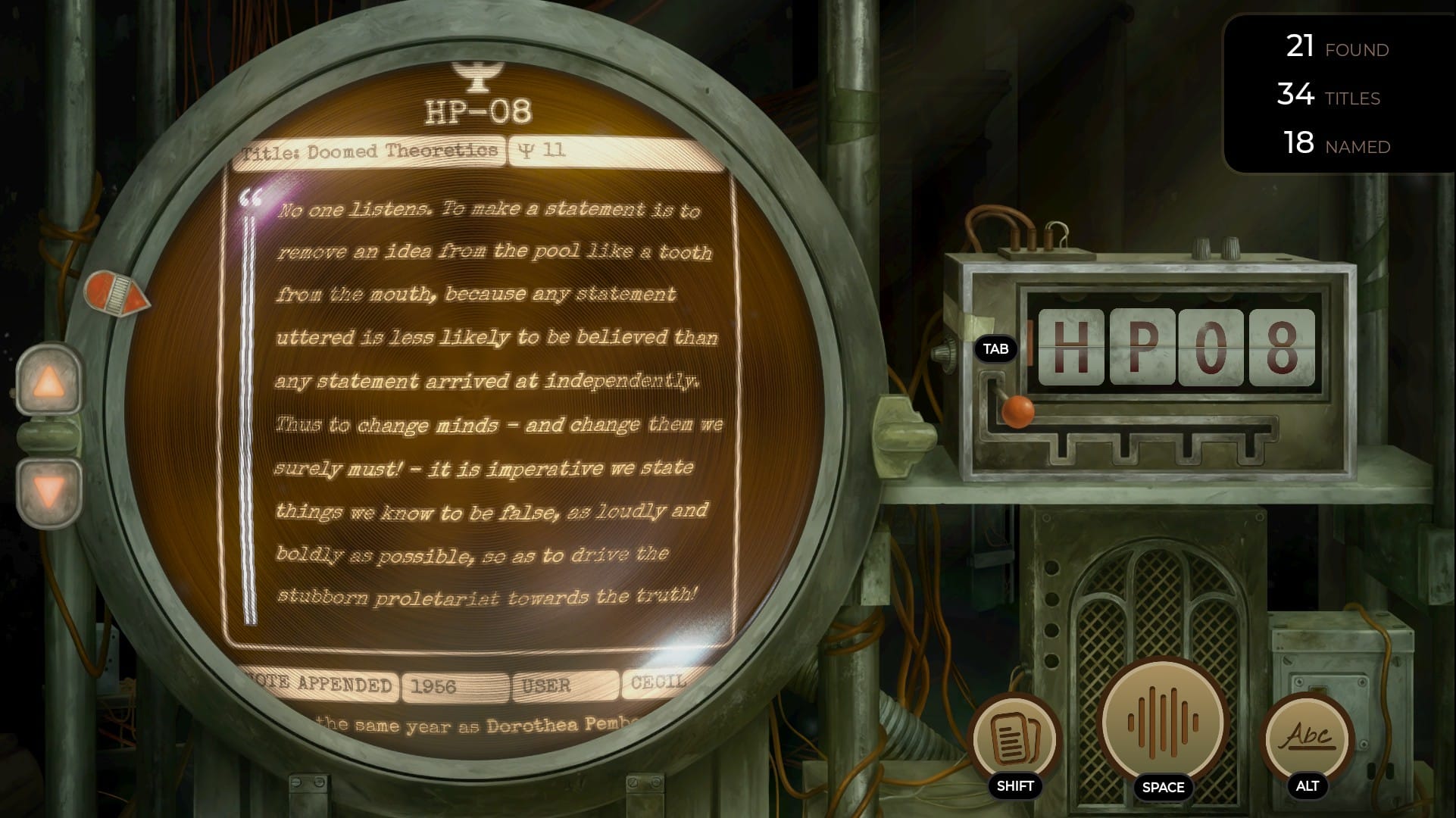There is only a small number of authors throughout history who have reached the truly iconic status of widespread international acclaim down the centuries. William Shakespeare is obviously one of them, but Jules Verne is very much another. Considered by many to be the father of science fiction alongside H.G. Wells, Verne wrote prolifically on a variety of topics, but in particular his novels such as “Twenty Thousand Leagues Under the Sea”, “Journey to the Centre of the Earth” and “Around the World in Eighty Days” have continued to be enjoyed my modern generations, almost 150 years after the fact. Verne: The Shape of Fantasy is an adventure game where the author and his work collide, telling a new story using his novels as the inspiration.
Set in an alternate 1888, Verne: The Shape of Fantasy sees you playing as the eponymous author, aboard the Nautilus, the giant fish-shaped submarine commanded by the infamous Captain Nemo from “Twenty Thousand Leagues Under the Sea”. Verne, Nemo and the rest of the crew have been searching for the Flame of Hephaestus; a legendary Atlantean artefact which they hope will allow them to defeat the forces of The Nation; a totalitarian empire which has conquered most of Europe in the game’s timeline. In this quest, Verne is also equipped with the Imag; another artefact which can detect fractures in space-time and can change the course of history, rewriting things to happen in a different way. Along the way, they’re hunted by the forces of The Nation led by the masked Raven and his flagship, the imposing Valkyrie.

Surprisingly for an independent adventure game it is fully voice-acted, and on the whole the performances are generally good, with only a couple of characters sounding just like someone reading their lines off a piece of paper. Although Verne is French he’s voiced by an Englishman, meaning Verne’s frequent exclamations of “Mon Dieu!” or “Merde!” felt a little off. Nonetheless, having voice acting at all is a welcome addition and certainly aids in creating a more immersive atmosphere. The story and setting meanwhile are interesting, and the merger of the real-life author with his fictional creations is always fun to see. If you’re well versed in Jules Verne’s novels, you’ll absolutely get the most out of it.
Gameplay is mostly tried and tested for point-and-click adventure games, although it has some more active elements such as a few stealth sequences and needing to climb ladders or up cliffs, a bit similar to Flashback or Another World, although without the combat. Thankfully except for the stealth sections there is nothing which is timing-based however, and the auto-save system always saves immediately before a challenge so you won’t have to redo large parts to get back to where you were killed. Likewise there are some quick-time events, although thankfully you can opt-out of these if you’re bad at them. Both the QTEs and stealth can be a little trial-and-error as they are randomised each time, but aren’t too frustrating.
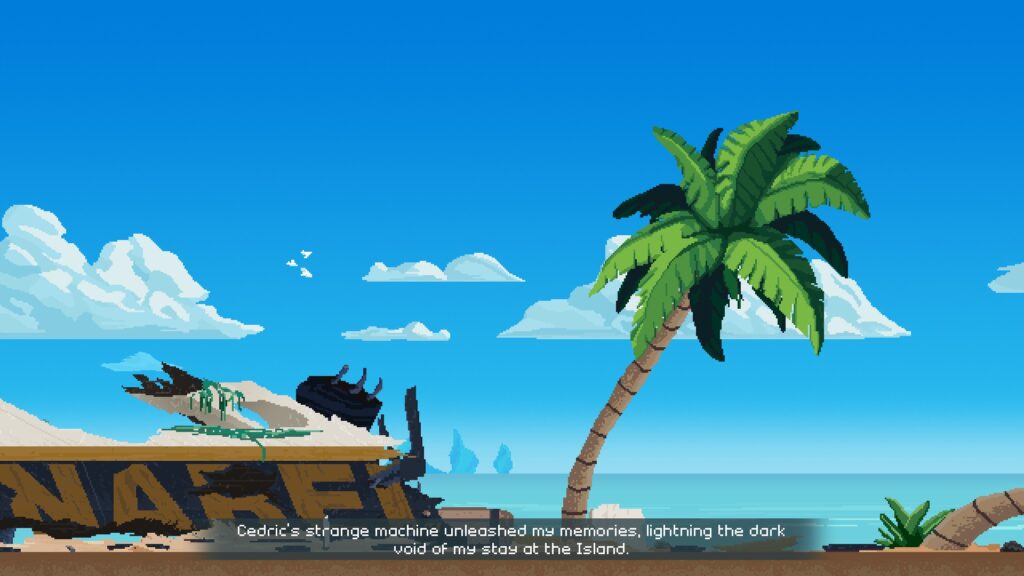
Using the Imag results in some of the game’s most memorable moments, such as rewinding time to allow for alternative paths to be opened, or preventing certain characters from dying. Some of these options might lead to dead-ends, but you can always undo a decision if it results in making the situation even worse. There are also traditional adventure game inventory puzzles, and a couple of tasks such as tying a knot, most of which aren’t too taxing but some of which unfortunately do fall foul of “adventure game logic” now and then.
The aesthetic of the game is enjoyable, merging the low-fi, low-poly style of something like The Last Door or The Excavation of Hobbs Barrow with Steampunk trappings, particularly the interior of the Nautilus, including Nemo’s famous pipe organ. The environments are pretty varied and there are some impressively large areas you’ll visit, complete with epic backdrops. The soundtrack is serviceable, but nothing particularly memorable, relying on some period authentic piano pieces in some places.
For those well acquainted with the works of the famous French author, Verne: The Shape of Fantasy is an unequivocal recommendation. Likewise most adventure game fans will find plenty to enjoy here, with the game not outstaying its welcome thanks to a swiftly paced plot and runtime. Some of the gameplay can be a bit tedious, but the fantastical setting and alternative history merger of fact and fiction allows the game to inhabit a select niche alongside Grundislav Games’ Lamplight City, which likewise plays with alternate history in unique ways.


